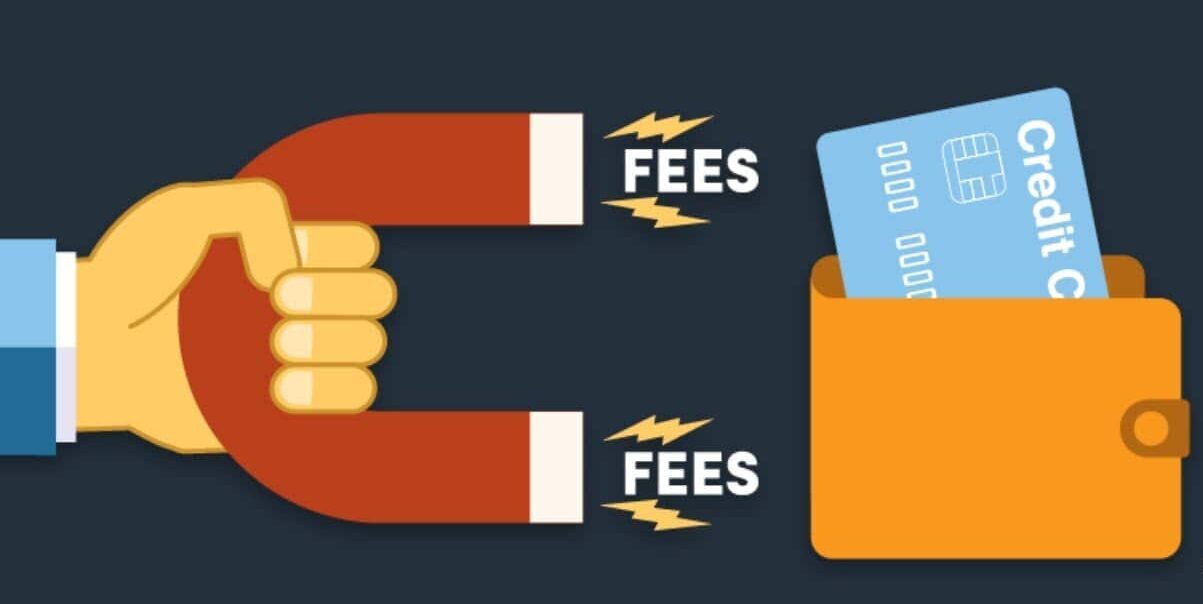
Credit cards offer convenience and financial flexibility, but behind the scenes, various fees can impact your overall financial picture. Let’s break down these credit card fees and equip you with the knowledge needed to navigate the world of plastic money wisely.
1. Annual Fees: The Price of Membership
Some credit cards charge an annual fee for the privilege of card membership. This fee helps cover the costs of perks and rewards associated with the card. Before choosing a card with an annual fee, assess whether the benefits outweigh the cost.
2. Interest Rates: The Cost of Borrowing
Credit cards often come with interest rates, especially if you carry a balance from month to month. Understanding the Annual Percentage Rate (APR) is crucial. It’s not just one rate – there are different rates for purchases, cash advances, and balance transfers. Paying off your balance in full each month can help you avoid these interest charges.
3. Late Payment Fees: The Consequence of Missed Deadlines
Missing a payment deadline can result in late payment fees. These fees not only add to your financial burden but also negatively impact your credit score. Setting up automatic payments or reminders can help you avoid these charges.
4. Over-the-Limit Fees: Watch Your Spending
Exceeding your credit limit can lead to over-the-limit fees. Keep a close eye on your spending and credit limit to avoid these charges. Some cards may allow transactions that surpass the limit, while others may decline such transactions.
5. Cash Advance Fees: Instant Cash Comes at a Cost
If you use your credit card for cash advances, be prepared for additional fees. Cash advance fees are typically charged as a percentage of the withdrawn amount and may have a higher interest rate than regular purchases. Explore alternative options before opting for a cash advance.
6. Foreign Transaction Fees: Paying for Global Convenience
When using your credit card abroad, you may encounter foreign transaction fees. These fees are a percentage of the purchase amount and can add up quickly. Consider getting a card that waives these fees if you frequently travel internationally.
7. Balance Transfer Fees: Shuffling Debt Comes at a Price
Transferring balances from one card to another can be a strategic move to save on interest, but it often comes with balance transfer fees. Calculate whether the potential interest savings outweigh the fees before making this decision.
In Conclusion: Empowering Your Financial Choices
Understanding credit card fees is key to making informed financial decisions. Regularly review your card agreements, statements, and terms to stay aware of any changes in fees. By being mindful of these fees, you can use credit cards to your advantage and avoid unnecessary financial setbacks.
Remember, knowledge is power when it comes to managing your finances. Stay informed, make wise choices, and use credit responsibly!
